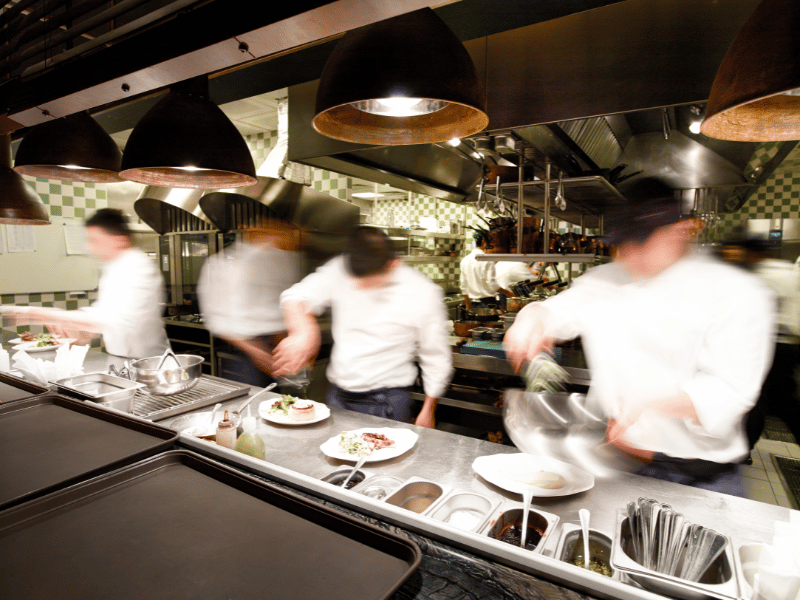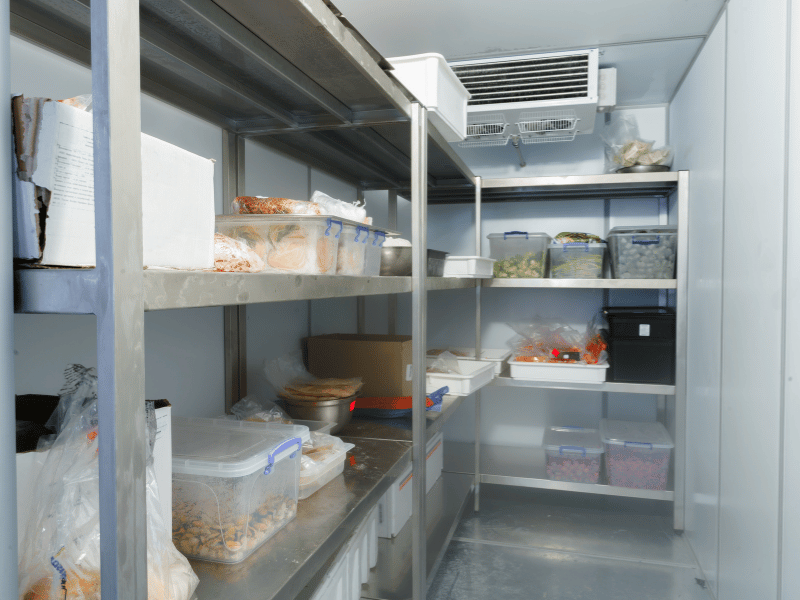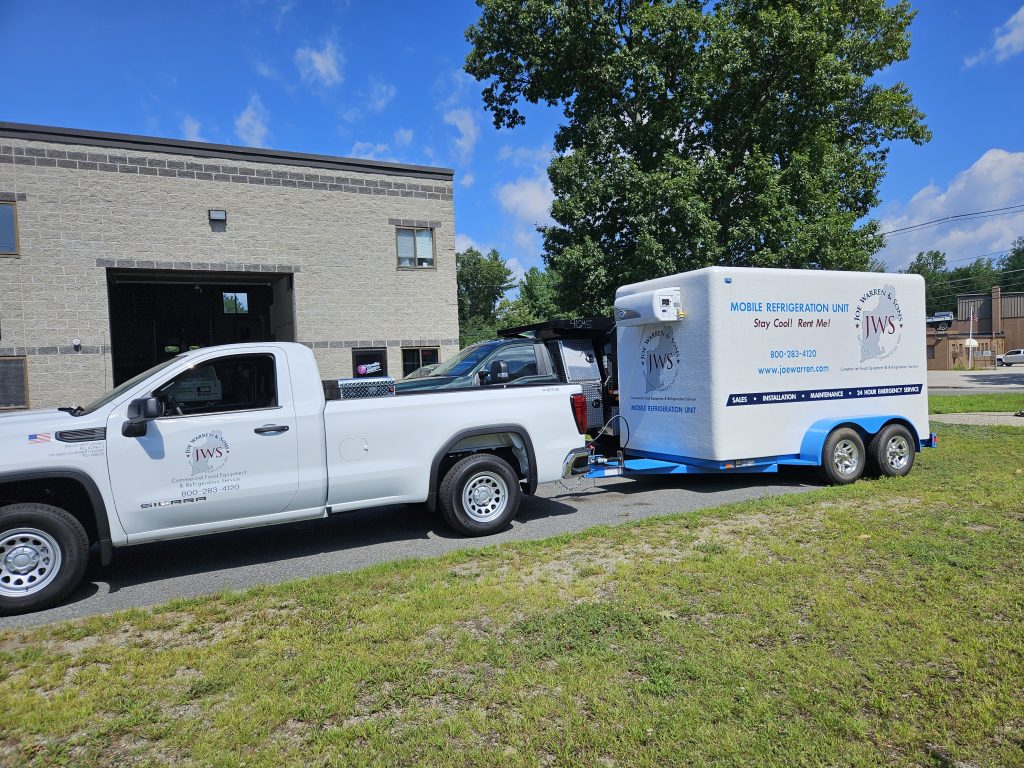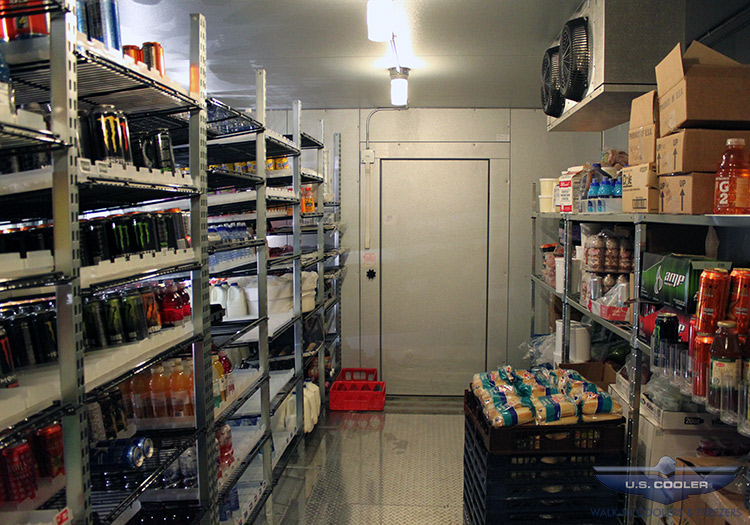Renovating a commercial kitchen is a significant investment that can transform your culinary operations, boost efficiency, and improve the overall dining experience. One of the critical aspects of any kitchen renovation is deciding when to replace aging equipment. Knowing the right time to upgrade your kitchen equipment can save you money, enhance productivity, and ensure compliance with health and safety standards. Here’s a guide to help you determine when it’s time to replace your aging commercial kitchen equipment.
Declining Performance and Frequent Breakdowns
The most obvious sign that it’s time to replace kitchen equipment is a noticeable decline in performance and an increase in breakdowns. If you find yourself frequently calling for repairs or dealing with equipment that doesn’t function as efficiently as it used to, it may be time to invest in new machinery. Frequent repairs not only disrupt kitchen operations but also add up in costs over time. Replacing faulty equipment can lead to safer, smoother operations and reduce downtime, ultimately saving money in the long run.
Rising Energy Costs
Older kitchen equipment often consumes more energy compared to newer, more efficient models. If you’ve noticed a significant increase in your utility bills, outdated equipment could be to blame. Modern commercial kitchen appliances are designed with energy efficiency in mind, often carrying Energy Star ratings. Upgrading to these newer models can lead to substantial savings on energy costs. Additionally, energy-efficient equipment is better for the environment, helping you reduce your carbon footprint.
Safety Concerns
Safety should always be a top priority in any commercial kitchen. Aging equipment can pose various safety hazards, including electrical issues, gas leaks, and structural failures. If your equipment is showing signs of wear and tear that could compromise safety, it’s crucial to replace it immediately. Upgrading to newer equipment provides a safer working environment for your staff but also helps you comply with health and safety regulations, avoiding potential fines and legal issues.
Inadequate Performance and Inconsistent Quality
In a commercial kitchen, consistency is key to maintaining the quality of food and customer satisfaction. If your equipment is struggling to keep up with demand or producing inconsistent results, it may be time for an upgrade. For example, an old oven that heats unevenly or a refrigerator that can’t maintain a steady temperature can affect the quality of your dishes and lead to food spoilage. Replacing such equipment can enhance the reliability of your kitchen operations and improve the overall quality of your culinary output.
Outdated Technology
The foodservice industry is constantly evolving, with new technologies emerging to improve efficiency and productivity. If your equipment is outdated, you may be missing out on these advancements. Modern kitchen appliances come with features like programmable settings, smart technology integration, and enhanced user interfaces that can streamline kitchen operations. Investing in new equipment with the latest technology can make your kitchen more efficient and adaptable to changing culinary trends.
Difficulty Finding Replacement Parts
As equipment ages, finding replacement parts can become increasingly difficult and expensive. Manufacturers may discontinue parts for older models, forcing you to search for aftermarket solutions or second-hand parts. This can lead to longer repair times and increased costs. If you’re struggling to find parts for your aging equipment, it might be more cost-effective to replace it with a newer model that has readily available support and parts.
Renovation Opportunities
A commercial kitchen renovation presents an excellent opportunity to assess and upgrade your equipment. During a renovation, you can evaluate your kitchen layout and determine if your current equipment meets your needs. Replacing old equipment during a renovation can enhance the overall functionality and efficiency of your kitchen, creating a more cohesive and productive workspace. Moreover, new equipment can be better integrated into the redesigned layout, optimizing workflow and space utilization.
Financial Considerations
While replacing equipment is a significant investment, it’s essential to consider the long-term financial benefits. Newer equipment typically comes with warranties, reducing the cost of repairs and maintenance in the initial years. Additionally, the improved efficiency and performance of new equipment can lead to increased revenue and lower operational costs. Consider financing options or leasing agreements that can make upgrading your equipment more affordable and manageable.
Deciding when to replace aging commercial kitchen equipment is crucial for maintaining an efficient, safe, and productive kitchen. By monitoring performance, energy consumption, safety concerns, and the availability of replacement parts, you can make informed decisions about when to upgrade. Embracing new technology and taking advantage of renovation opportunities can further enhance your kitchen’s operations. Ultimately, investing in new equipment can lead to long-term savings, improved food quality, and a better working environment for your staff. Call Joe Warren & Sons for helpful guidance on when to replace aging equipment, brand selection and things to think about during installation.






